Though you may pay a premium for one of the fastest internet connections your cable provider offers, a lack of net neutrality could cause your iCloud backups and iTunes movie rentals to take hours, rather than minutes. Here's why Apple users, and consumers in general, should care about net neutrality.
Internet service providers and cable companies are currently fighting for the ability to throttle Internet traffic from certain sources, while giving preferred content a fast lane over their network. That means regardless of your Internet connection speed at home, your ISP could give priority bandwidth to YouTube, rather than Apple's iTunes.
At the heart of the current net neutrality debate is Netflix, which earlier this year began paying cable provider Comcast to prioritize its service, allowing content to be delivered to users faster. The streaming service has since struck a similar deal with Verizon.
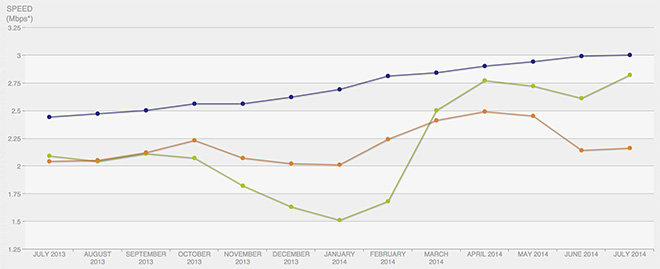 Average Netflix streaming speeds from Cox (Blue), Comcast (Green) and Time Warner (Orange) between July 2013 to July 2014.Source: Netflix ISP Speed Index
Average Netflix streaming speeds from Cox (Blue), Comcast (Green) and Time Warner (Orange) between July 2013 to July 2014.Source: Netflix ISP Speed IndexThose deals apply to the so-called "last mile" of the Internet — the lines owned by a cable provider that connect to your home.
When you access Netflix on your Apple TV, the entertainment provider does not have a direct line to your modem or Wi-Fi router. That direct line into your home is instead owned by whatever cable company spent millions of dollars physically laying cabling or fiber to offer your neighborhood Internet service.
That movie or TV show you begin streaming on your Apple TV must travel down two roads to get to your house: from Netflix to the cloud (Internet) and from the cloud to your device.
Until recently, these "roads" from content providers to the cloud and back down to the user have been treated like open pipes, completely unregulated. For years cable companies had no issue leaving these pipes wide open, as most of the content being delivered were static websites, images, Flash, and the occasional low-resolution video.
Now, a majority of the traffic moving through their pipes comes in the form of entertainment. Services like iTunes, Netflix, YouTube, Hulu, and others offer virtually unlimited entertainment for just dollars a month. With Apple TV, iPad and other Internet-connected devices, these services are now directly competing with the company trying to sell you a cable subscription.
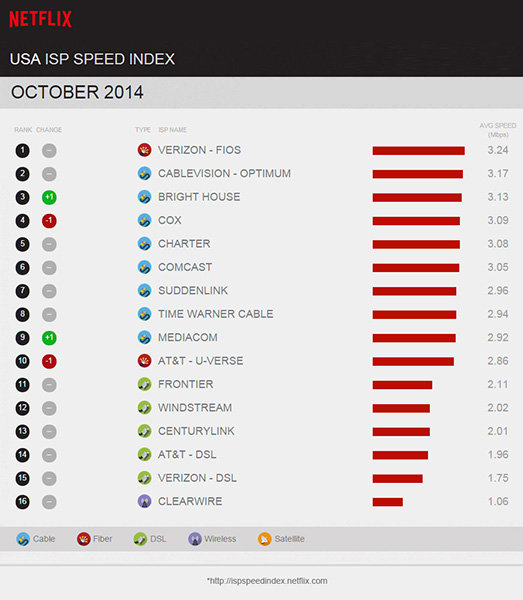
Comcast, Time Warner Cable, Verizon, AT&T and just a few others control virtually all of the copper and fiber to homes in America. For years they could sell the "triple" package to pretty much anyone: cable TV, home phone and internet.
But with the rise of streaming entertainment and ubiquity of smart phones, some users wish to purchase just Internet service through their cable company. Not only does this cut into the profits of ISPs, but the situation becomes even more complicated with companies like Comcast, which now owns NBC Universal and is both a creator and deliverer of content.
Cable companies also want the ability to prioritize certain popular events, like the Super Bowl or Academy Awards, to respond to heavy traffic needs. In order to meet the demand of its customers, an ISP could give a TV network or streaming video content priority over Apple, making your iCloud backup or iTunes movie rental relegated to a 5-megabits per second download, as opposed to the 60-megabit downlink you actually pay for.
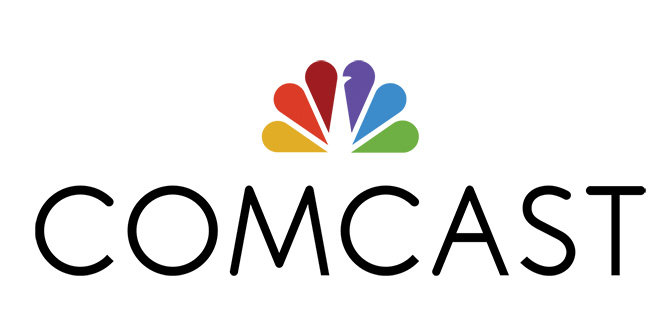
As high-definition content, mobile applications and iOS updates increase in size, there is concern among net neutrality advocates that companies like Apple could be forced to pay Internet providers for faster access to ensure the best customer experience. That precedent, net neutrality supporters say, has already been set by Netflix in its arrangements with Comcast and Verizon.
The concern is that if cable providers keep cutting those types of deals, renting a movie from iTunes could be a different experience on Comcast than it is for Time Warner customers. If Apple paid Comcast for prioritization on its network, their customers could rent a movie and begin watching quickly, while Time Warner customers could still be waiting for it to buffer.
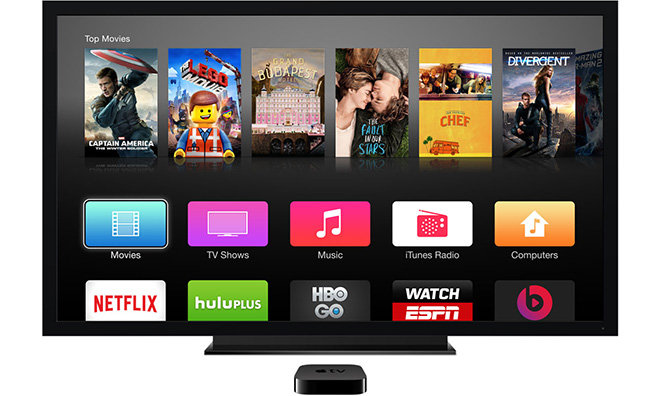
The other issue with cable providers is competition. Many Americans have only one or possibly two choices for purchasing home Internet service, thanks largely to the huge investment required to build the infrastructure to provide cable and Internet to users' homes.
No third party can offer an alternative for Internet access without spending huge amounts of money and taking years to build it out. Google Fiber, is attempting this but is only offered in a few cities across the country and is slow to expand.
The crux of the net neutrality regulation recently proposed by the administration of President Barack Obama is to prohibit cable providers from making these distinctions between "fast lanes" for certain companies, and "slow lanes" for others.
But while the Obama administration has come out in strong support of net neutrality, the final decision isn't in the president's hands. Instead, that responsibility falls on the U.S. Federal Communications Commission.
Obama issued a statement this week urging the FCC to keep the internet "open and free." In it, the president urged the commission to adopt the a series of net neutrality principles. In his letter to the FCC, Obama wrote about four key points. In his own words:
 Stephen Robles
Stephen Robles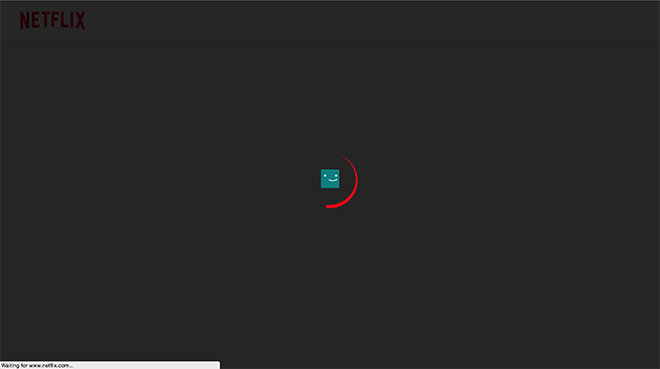

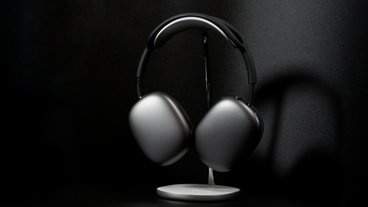
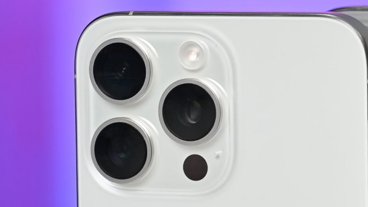
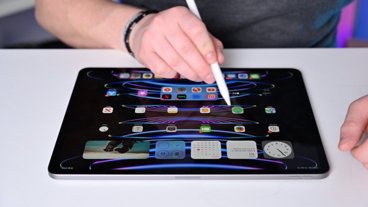



-m.jpg)





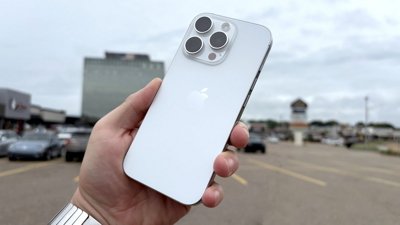
 William Gallagher
William Gallagher
 Wesley Hilliard
Wesley Hilliard
 Malcolm Owen
Malcolm Owen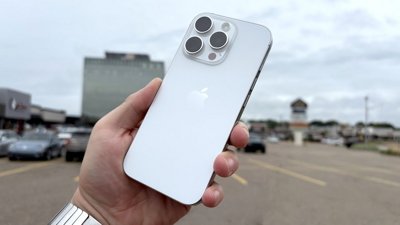
 Mike Wuerthele
Mike Wuerthele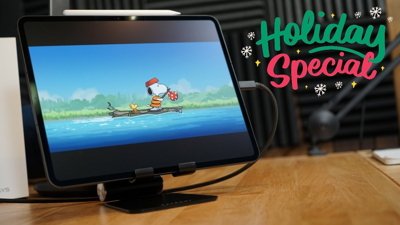
 Christine McKee
Christine McKee

 Sponsored Content
Sponsored Content





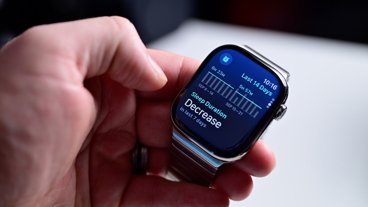




255 Comments
I’ve found that, in many cases, less control–not more–leads to greater success.
I was right in my endless arguments over this, and this proves it: http://www.engadget.com/2014/11/14/fcc-fires-back-at-att-net-neutrality/
Like a petulant toddler. Denied what it wants, it lashes out with its fists and voice and throws a tantrum until it is either appeased (wrong) or ignored (right).
It’s high time to put legal teeth behind the “of, by, and for” on which our republic is founded.
[quote name="Tallest Skil" url="/t/183434/inside-the-net-neutrality-dispute-and-why-its-important-to-apple-users#post_2639719"]I’ve found that, in many cases, less control–not more–leads to greater success. [/quote] [quote name="SpamSandwich" url="/t/183434/inside-the-net-neutrality-dispute-and-why-its-important-to-apple-users#post_2639737"]I was right in my endless arguments over this, and this proves it: http://www.engadget.com/2014/11/14/fcc-fires-back-at-att-net-neutrality/[/quote] Wait, so you two want ISPs to be able to block and throttle content as they see fit? Would you also want the USDA dissolved to let the[I] free market[/I] handle what is considered safe to eat?
Ah, more government control. Just what we need.